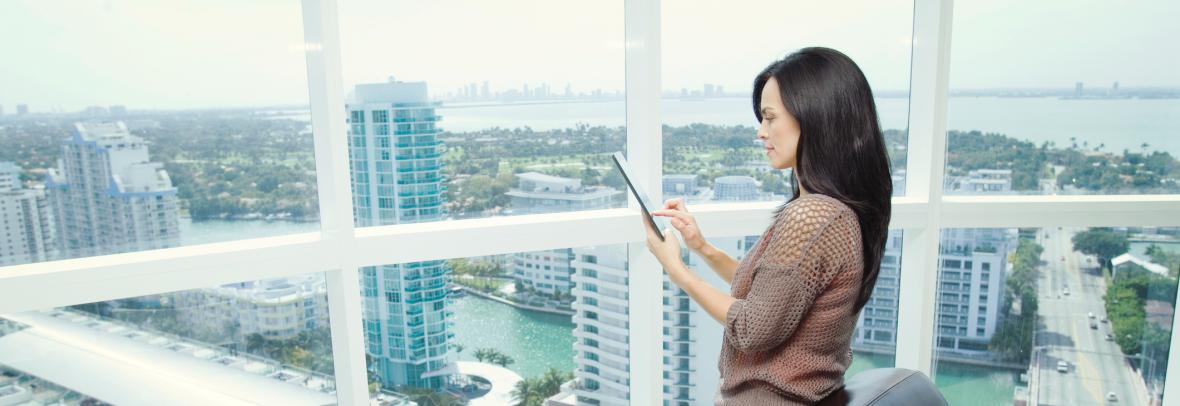
2024 Commercial Real Estate Market Preview
Adaptive reuse is the wave of the commercial real estate future, along with dynamic mixed-use developments.
In a challenging commercial real estate environment, thinking outside the blueprint will be one of the keys to success in 2024. That might mean converting an aging mall into an entertainment center, adding industrial uses to an office property, or turning an underutilized property into a dynamic mixed-use development.
“Adaptive reuse is the wave of the future, especially in South Florida where land is in short supply,” says Lorenzo Perez Jr. “I see great opportunities for mixed-use projects, such as combining retail and multifamily or adding offices or even some industrial space to a property.”
A creative approach can be particularly important in putting deals together in a high-rate environment, adds Cynthia C. Shelton, senior managing director, investments, Landqwest Commercial in Maitland. “Many owners have been holding back, waiting to see what happens with rates before putting their properties on the market.”
Retail update
In the retail sector, Shelton says new suburban developments are underway, anchored by Walmart, Lowes, Publix, Walgreens and other leading companies. “One of the interesting trends is adding medical uses to these retail properties, such as building clinics inside the stores. That can help retailers pull in customers who want to get a flu shot, for example.”
Shelton says the trend to turn malls into entertainment centers will continue next year. “Young families are going to these centers to meet friends, dine together and hold birthday parties for their kids,” she says. “There are also malls adding gyms and areas for indoor sports that bring in people of all ages.
Office market continues to evolve
Changing work patterns will continue to affect Florida’s office market, according to Dr. Brad O’Connor. “I think a lot about the future of office space, since so many people are working remotely either on a full-time or flexible basis,” he says.
But Florida is far less dependent on high-rise office towers than New York, Chicago or San Francisco, adds Logan Mohtashami. That could mean a relatively lesser impact from the work-from-home trend—especially if companies in those high-cost markets relocate their operations to Florida.
While office buildings may be struggling, industrial properties will be in high demand, says Perez. “Warehouse and distribution space was hot during the pandemic, and it’s even hotter now,” he says. “We can’t build enough space, so rents are going up. Industrial continues to be the star of the commercial asset classes.”
